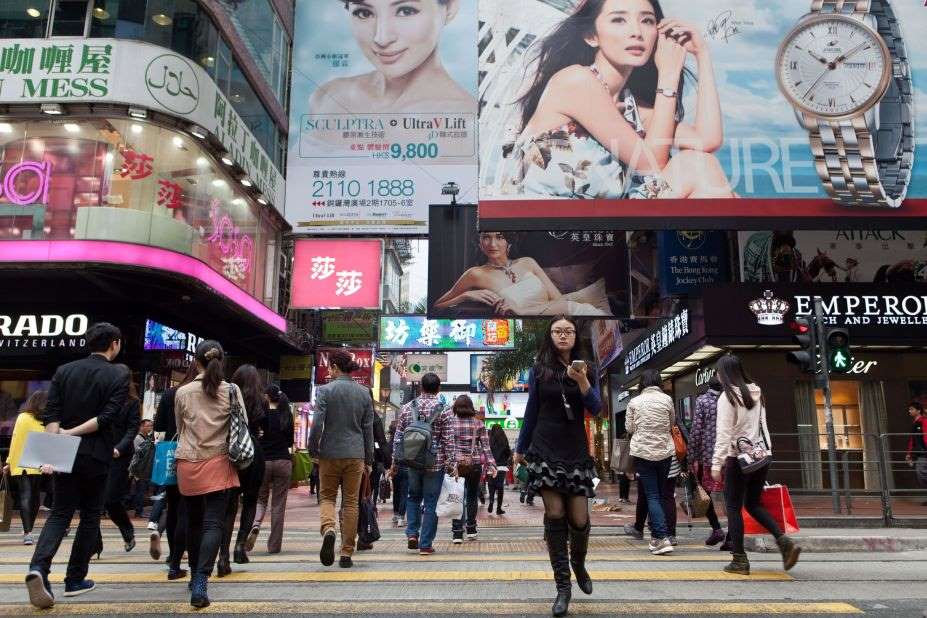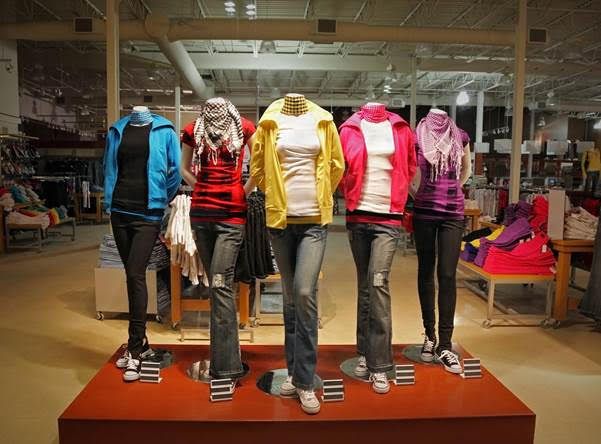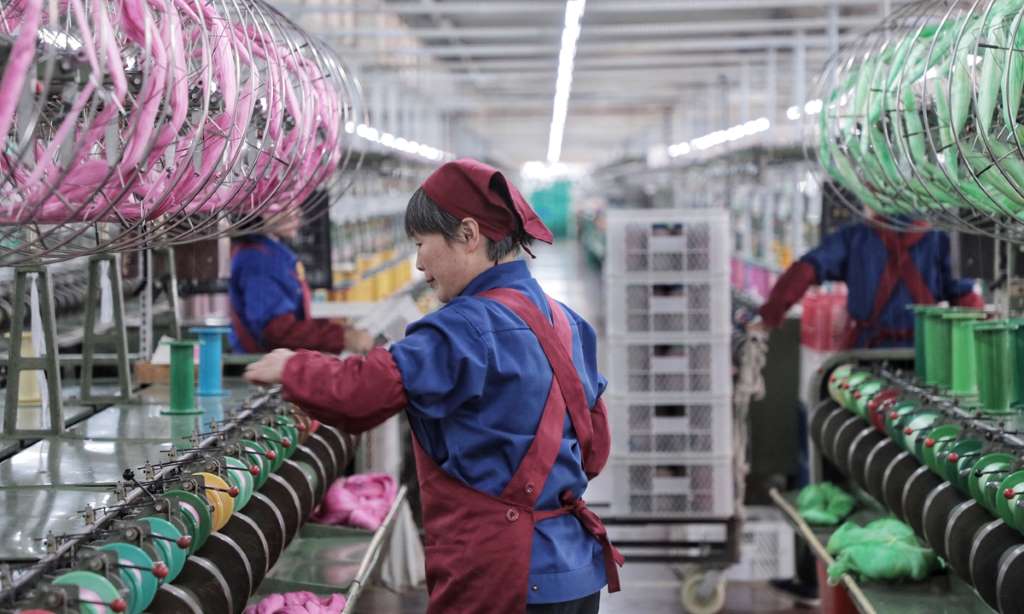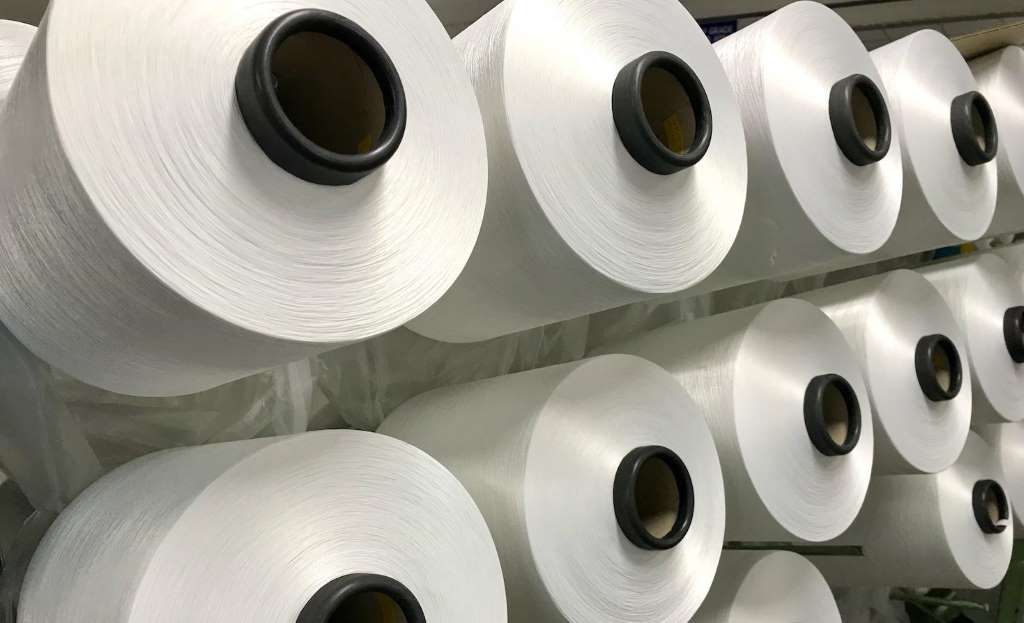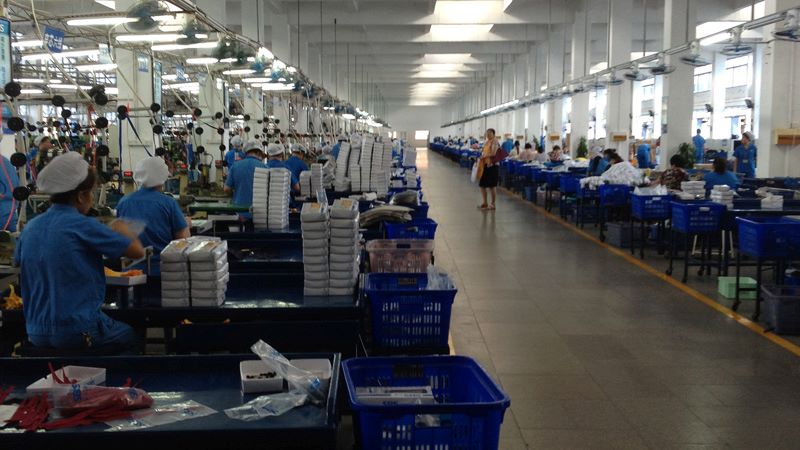"A new research from UNFCCC reveals, greenhouse gas emissions from textile production currently amount to 1.2 billion tons annually. This is more than the emissions of all international flights and maritime shipping combined. The fashion industry has increasingly been working on issues such as chemicals, circularity and equality but must also further address its impact on climate change."
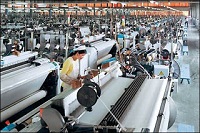 A new research from UNFCCC reveals, greenhouse gas emissions from textile production currently amount to 1.2 billion tons annually. This is more than the emissions of all international flights and maritime shipping combined. The fashion industry has increasingly been working on issues such as chemicals, circularity and equality but must also further address its impact on climate change.
A new research from UNFCCC reveals, greenhouse gas emissions from textile production currently amount to 1.2 billion tons annually. This is more than the emissions of all international flights and maritime shipping combined. The fashion industry has increasingly been working on issues such as chemicals, circularity and equality but must also further address its impact on climate change.
At the World Economic Forum’s Annual Meeting, Global Fashion Agenda released the CEO Agenda 2019. Developed in collaboration with leading fashion players Asos, Bestseller, H&M group, Kering, Li & Fung, Nike, PVH Corp., Sustainable Apparel Coalition and Target, the CEO Agenda 2019 reflects global developments, highlighting climate change as a core priority.
Contributing to the development of the local fashion industry
The release event in Davos was attended by CEOs from fashion and interconnected industries who discussed ways to make fashion more sustainable at an accelerated pace. This would require a collaborative effort across the value chain and engaging in a dialogue with external stakeholders, who play an integral role in creating this change.
The CEO Agenda contributes to development of the Davos fashion industry as a major contributor to the global sustainability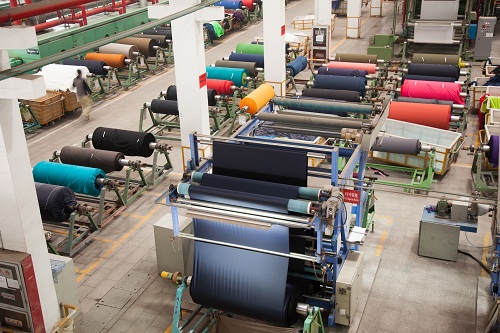 agenda. To achieve this, fashion companies need to future-proof their businesses. Social and environmental issues such as climate change, microfibre pollution, growing population and automation are likely to affect the future business model of the industry. According to projections from the Pulse of the Fashion Industry 2018 report, co-authored by Global Fashion Agenda and The Boston Consulting Group, fashion brands, by investing in sustainability, will be able to reduce their social and environmental footprint whilst improving their bottom line, with a potential increase in EBIT margins.
agenda. To achieve this, fashion companies need to future-proof their businesses. Social and environmental issues such as climate change, microfibre pollution, growing population and automation are likely to affect the future business model of the industry. According to projections from the Pulse of the Fashion Industry 2018 report, co-authored by Global Fashion Agenda and The Boston Consulting Group, fashion brands, by investing in sustainability, will be able to reduce their social and environmental footprint whilst improving their bottom line, with a potential increase in EBIT margins.
COA Agenda sets sustainability goals
The CEO Agenda has become a reference point for implementing sustainability measures, guiding corporate strategies, policymaking and investments. While many CEOs are already stepping up their work to address these shifts, half of the industry is yet to take action on sustainability. This will require top-level engagement from fashion brand CEOs, who can lead the transformation of not only their own companies but also the entire industry. The CEO Agenda 2019 details eight priorities for CEOs in fashion industry. Of these four core priorities for immediate implementation include:
• Supply chain traceability
• Combating climate change
• Efficient use of water, energy and chemicals
• Respectful and secure work environments
The remaining four transformational priorities for fundamental change are:
• Sustainable material mix
• Circular fashion system
• Promotion of better wage systems
• Fourth industrial revolution

